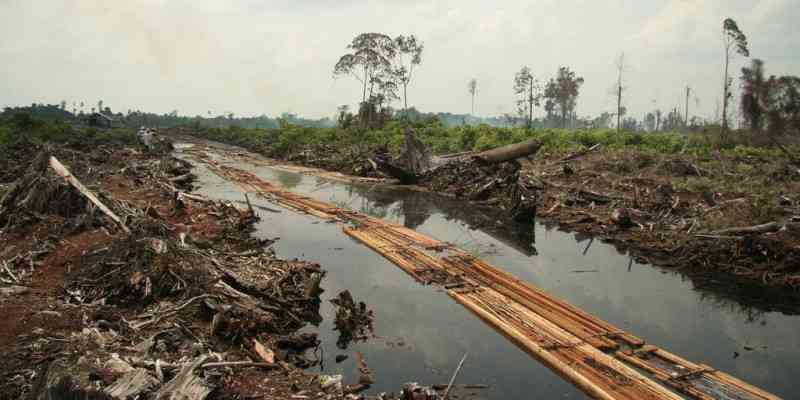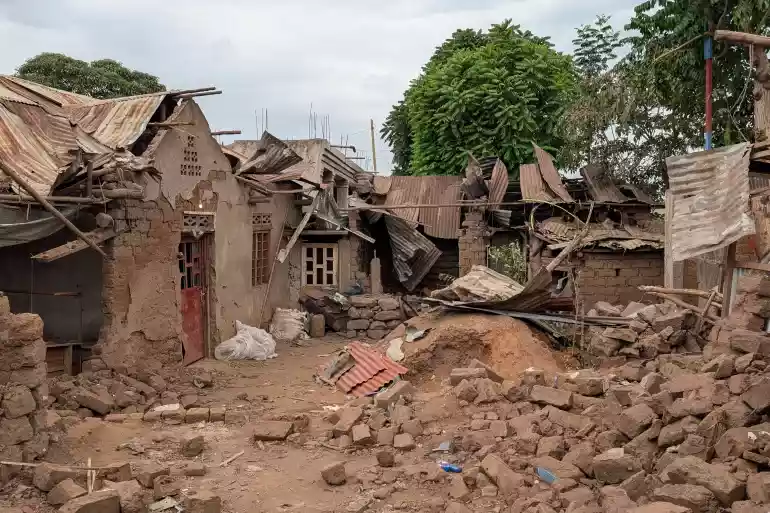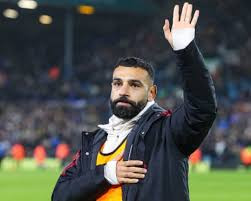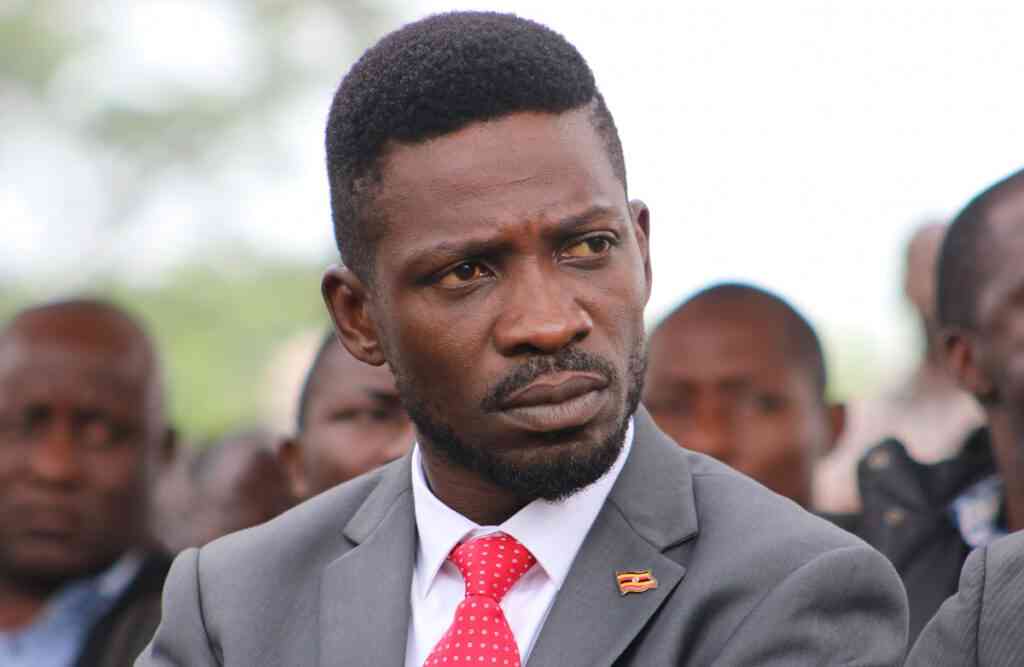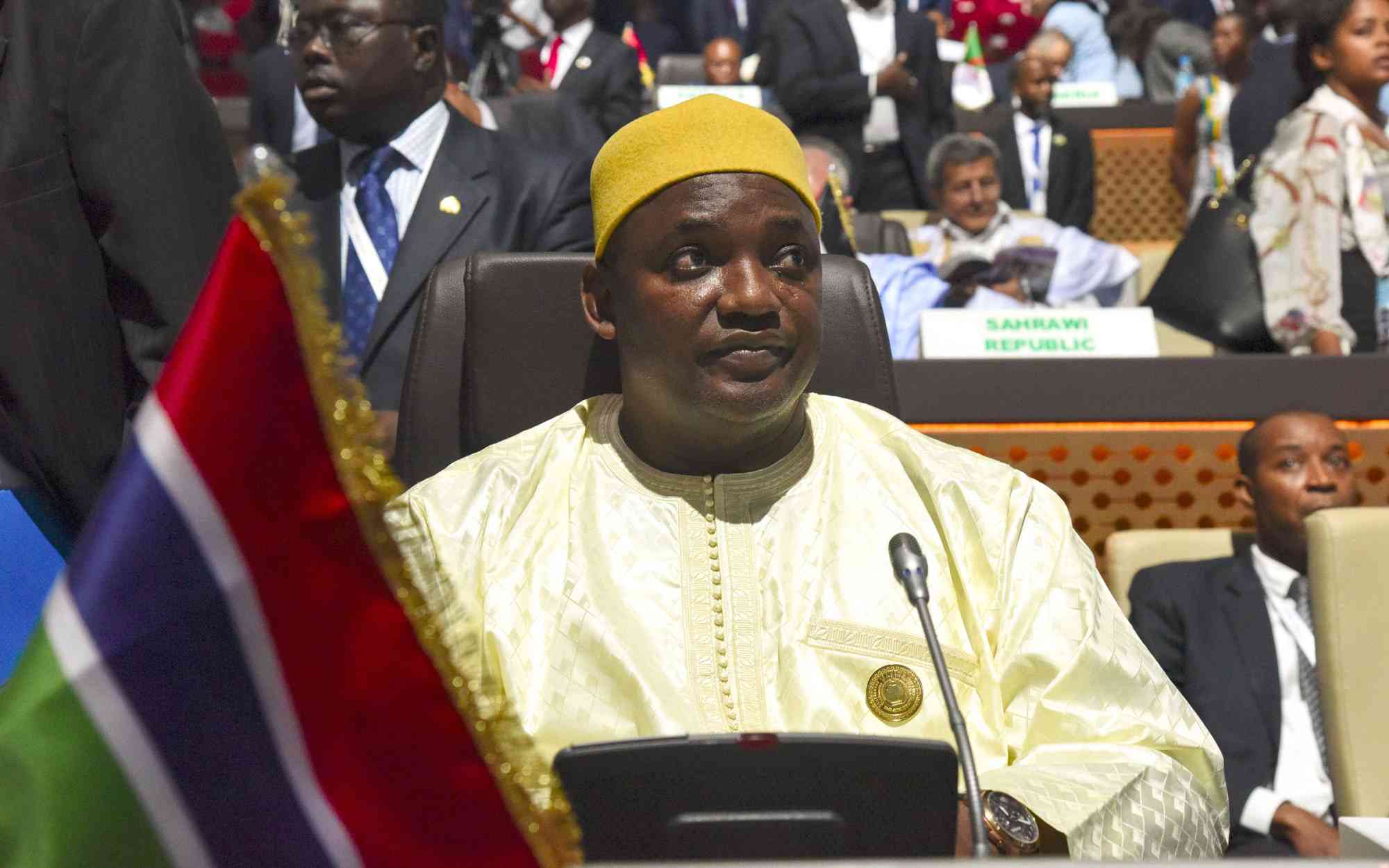
Lance Corporal Sanna Fadera had been detained, along with four other officers, in an operation under way since Tuesday, a statement said.
The main opposition party and the West African regional bloc condemned the attempted coup.
A retired military officer said he doubted the plot was serious, as all the officers were junior.
The government statement said that loyalist troops were still searching for two alleged accomplices, following the arrest of officers from the navy, military police, state guards and first infantry battalions.
The Gambia is a largely stable country in West Africa which is popular with holidaymakers because of its beaches and wildlife.
Life has continued as normal in the capital, Banjul, since the government said on Wednesday that it had foiled a coup plot the previous day.
The Economic Community of West African States (Ecowas) condemned the attempted coup, saying the regional body "stands firmly" by President Adama Barrow's government.
Meanwhile, the campaign manager of the main opposition party, Momodou Sabally, has been detained by police over a widely circulated TikTok video which suggests that Mr Barrow would be unseated before next year's local government elections.
- Gambia government confirms ‘attempted’ coup
- The Gambia's government says it has thwarted an attempt to stage a coup
- A navy officer has been named by The Gambia's government as the alleged ringleader of a failed coup plot.
Keep Reading
The police statement did not link Mr Sabally, who was a presidential affairs minister in former leader Yahya Jammeh's regime, to the alleged coup plot.
Mr Sabally's United Democratic Party (UDP) said it condemned, "without any reservations", the attempted coup.
It also demanded Mr Sabally's immediate release, saying the "short edited" video did not accurately reflect his views.
"There is no indication that Mr Sabally in any way stated or suggested that there will be a change of government through any unlawful or illegal means," it added in a statement.
Mr Barrow defeated Mr Jammeh, whose 22-year rule was marked by state repression and brutality, in December 2016, and won a second term last year.
Shocked by the turn of events, Mr Jammeh was forced into exile in Equatorial Guinea, though he remains an influential figure in The Gambia, one of Africa's smallest countries.
Many senior officers left the army after Mr Barrow took office.
He has been distrustful of the military, with troops from neighbouring Senegal in charge of his personal security, while the main international airport and sea port are guarded by troops from Nigeria and Ghana respectively.
This has made him unpopular with many Gambians, who feel that he has undermined the country's sovereignty by relying on foreign forces.
Mr Barrow also drew criticism after he broke away from the UDP, which propelled him to power in 2016, and formed the National People's Party (NPP) to contest last year's election.
His popularity plummeted further when he announced that he had formed an alliance with Mr Jammeh's old party, in what was seen as an attempt to boost his chances of securing a second term.
On the other hand, some of Mr Jammeh's allies, like Mr Sabally, crossed over to the UDP.

